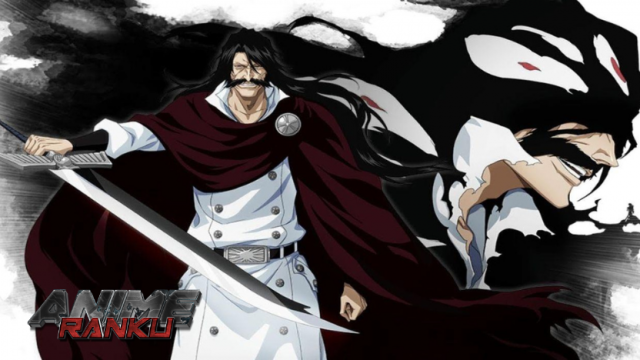Fans had high hopes for the anime adaptation of Bleach‘s Thousand-Year Blood War Arc. Some people wanted to see their favorite fight scenes animated, while others were curious about how certain characters would sound. Many questions raised by the anime’s original run are answered in TYBW, but one in particular continues to divide fans and professional translators alike: how do you pronounce “Yhwach” in English?
The official Viz dub of the anime follows the standard set by both the phonetic transliteration in the manga and the pronunciation of the Japanese voice actors, but some argue that this is not the correct approach. Given the spelling and cultural context of the story, Yhwach’s name could have a completely different pronunciation.
Localization is more an art form than a science

In the manga, Yhwach is written phonetically as ユーハバッハ (yūhabahha), where the initial “u” vowel is elongated and the final “ha” sound is preceded by a glottal stop; the Japanese voice cast also uses this pronunciation. The localization team for the Bleach English dub likely drew upon these sources, as the pronunciation used by the English voice cast is more or less the same. Yet although it may be the official version, it’s not necessarily one that everyone agrees with.
The skepticism surrounding this pronunciation revolves around its status as a made-up loan word. It’s meant to reflect the conventions of pronunciation from a foreign country that don’t exist in the Japanese language. The pronunciation Yūhabahha comes from an approximation of this made-up word based on the conventions of the Japanese language. Such methods of transliteration are why foreign words like George or Mary come out as Jōji (ジョージ) or Mearī (メアリー) respectively in Japanese. Inconsistency with Japanese pronunciation of foreign words is what has led some fan translators to reject the Viz pronunciation of Yhwach’s name — after all, the dub doesn’t pronounce Chad’s name as “Chaddo.”
So, how do you say it?

The alternative solution to pronouncing Yhwach’s name are grounded in German lanugage conventions, given the cultural theme of Yhwach and Quincies as a whole. This would suggest that the “w” in his name is pronounced with more of a “v” sound and the “ch” at the end of his name has more of a hard “c” sound, as found in German. This understanding of Yhwach’s name led to it being translated by fans as “Juha Bach” before the official spelling was available. It’s also worth noting the apparent origins of Yhwach’s name, which seem to be based on the Tetragrammaton: four Hebrew letters that make up one of the divine names of God (Yahweh and Jehovah are well-known variants). According to Jewish belief, this name is too sacred to be said aloud, which adds further ambiguity to its pronunciation.
It creates an unneeded degree of separation from the context of the program by pronouncing the name according to the pronunciation used by the Japanese voice cast in the English version. When uttered in English, what should sound like a Hebrew term when pronounced by characters who are presumably German-speaking actually has an oddly Japanese pronunciation.
It’s always possible that the anime’s English dub will change the pronunciation of Yhwach. After all, they also mispronounced the Wandenreich with a “w” sound before correcting it with a more German-sounding pronunciation. Yhwach could be changed to something more akin to “Juha Bach” when the anime returns, or even for the latest season’s home release. For the time being, however, pronouncing the name Yhabahha is not technically incorrect.















Leave a Reply